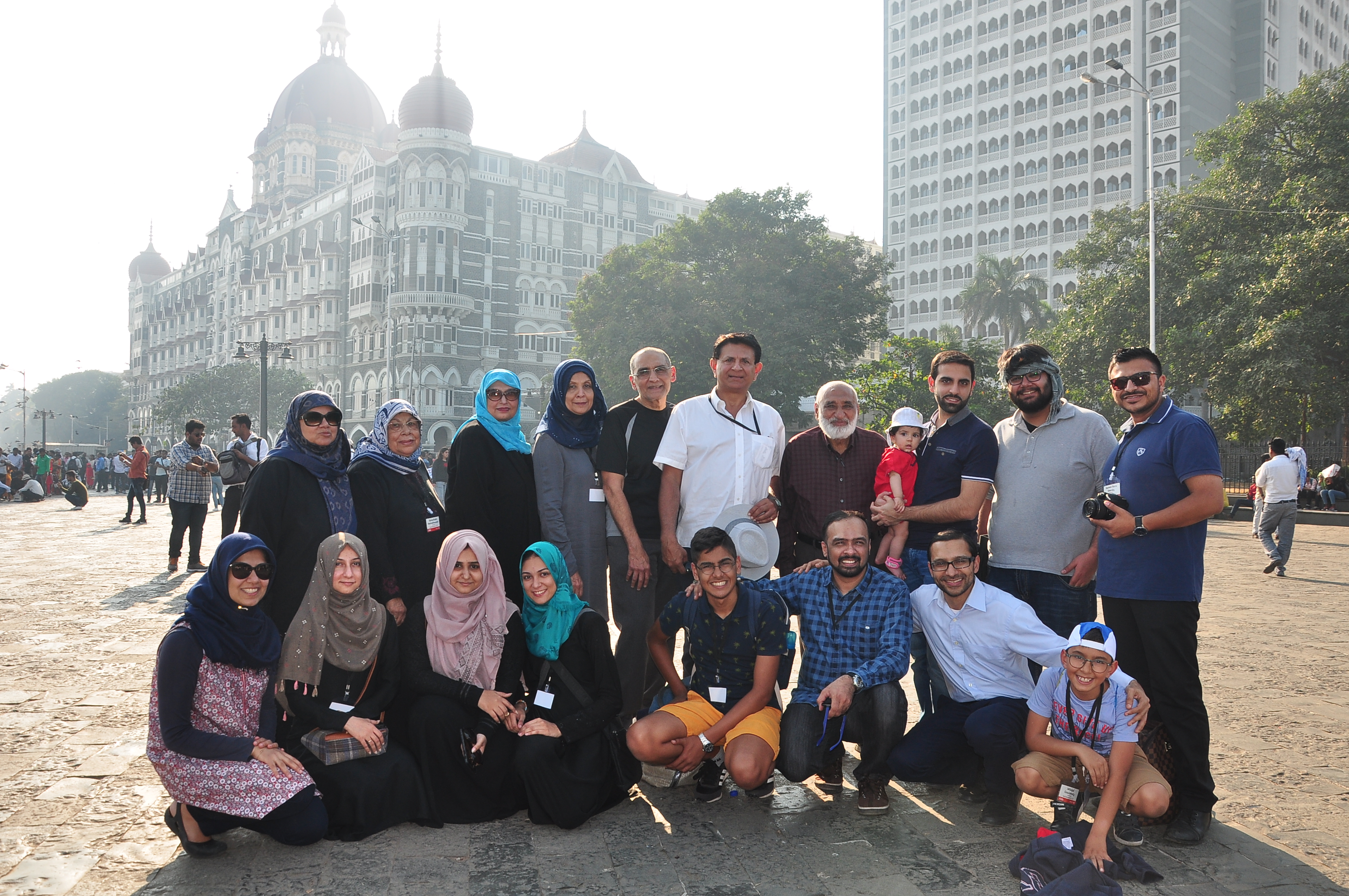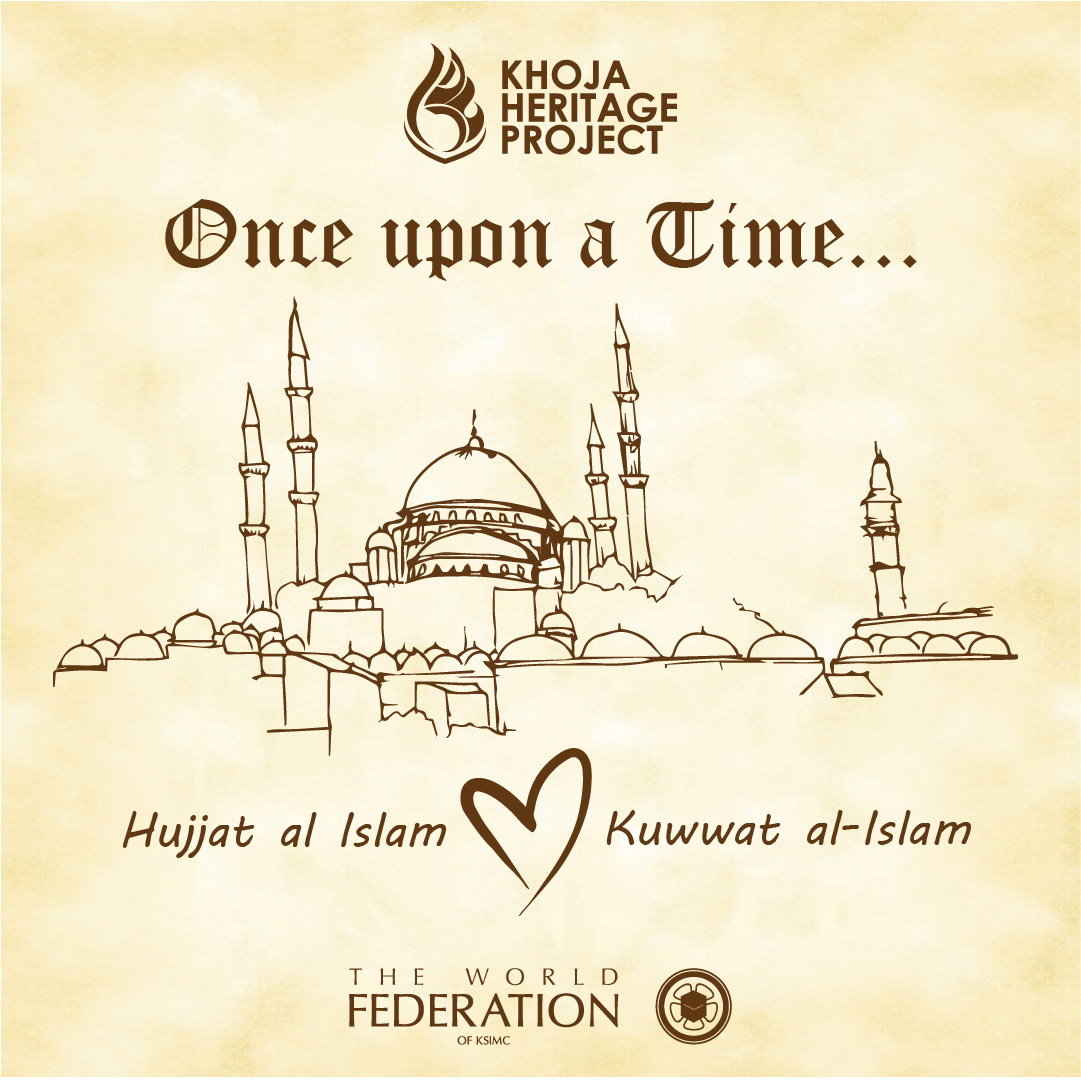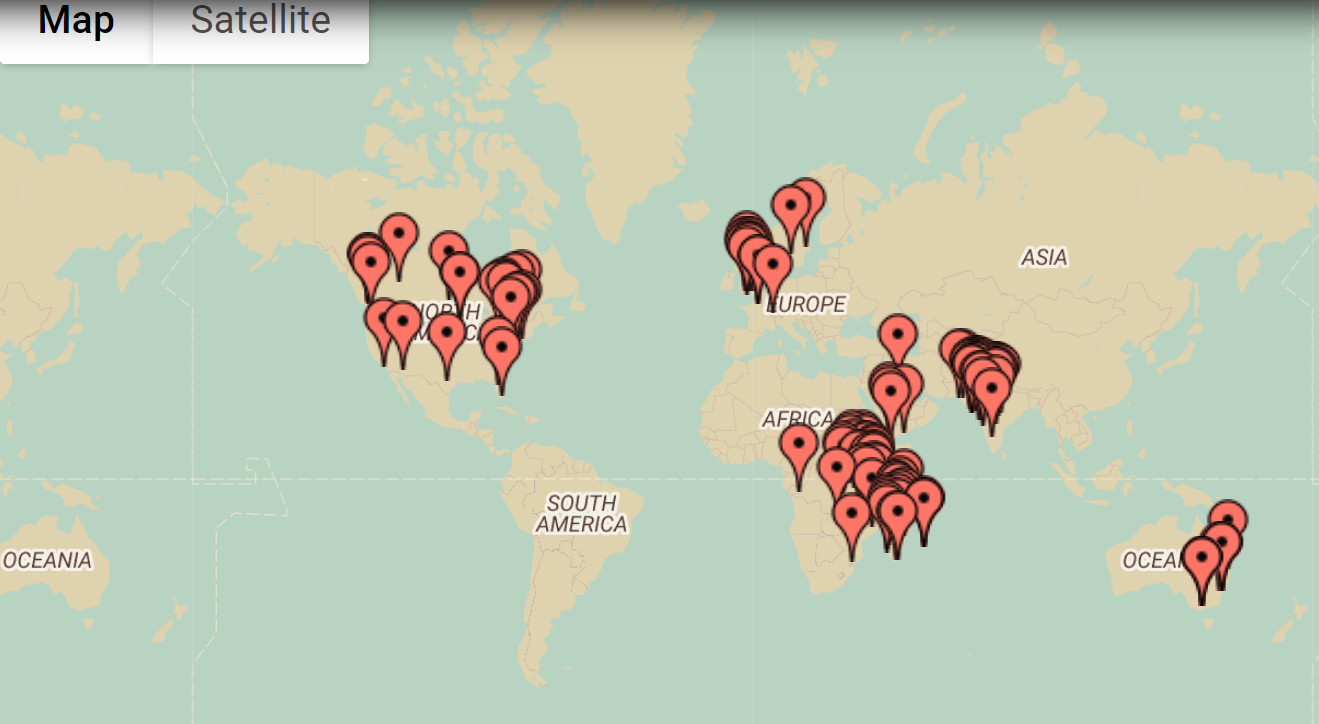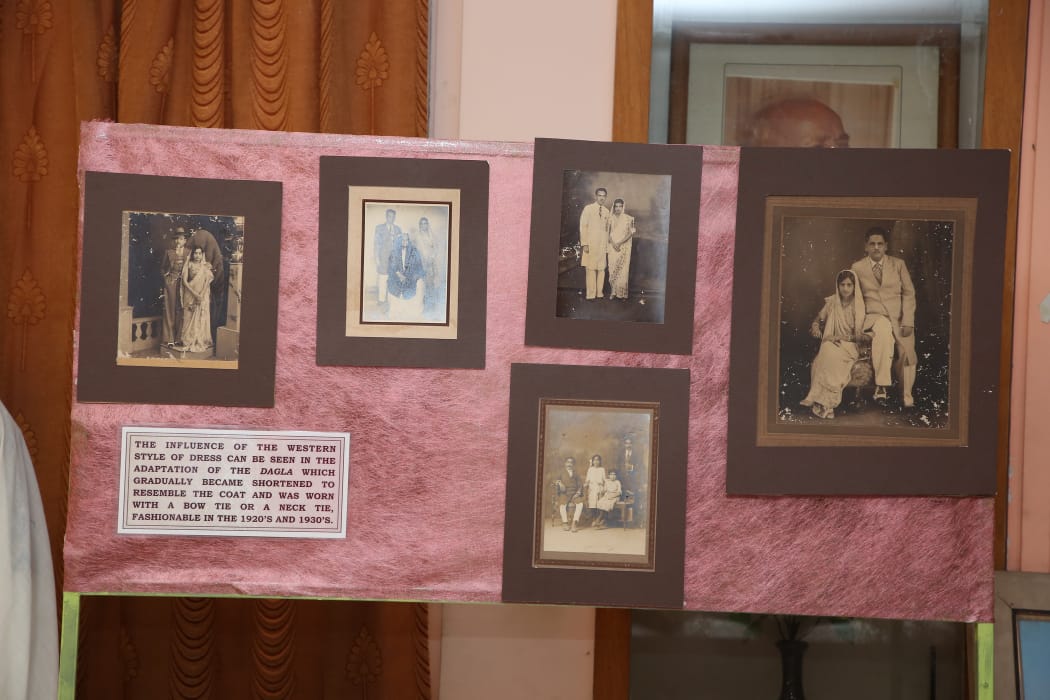Personal Message from Dr Hasnain Walji, Head of KHT

Why History Matters?
A concerted effort to preserve our heritage is a critical factor to maintain our cultural legacy. Each ethnic group or nation strives to preserve its cultural heritage that includes their social values, customs, dress, art, cuisine to name but a few - that distinguish them from each other. Yet in this globalised world of today, not all of us feel a connection with our cultural heritage, while others yearn to connect.
Everyday decision-making by societies is constantly based on what came before us. Therefore history plays a vital role for any thriving community. We learn from our past in order to plan our future. History serves as a model of who we are and what we are to be, as well as to know what to strive for and what to avoid. Exploring cultural heritage offers enormous benefits and it can bring about an empowering sense of unity and belonging within a group. It gives us a connection with people of similar heritage, allows us to identify with others of similar mind-sets and backgrounds.
Participants from the December 2018 tour enjoying visiting historical sites.
That is why history matters and hence the Khoja Heritage Project (KHP)
Above all, preserving our cultural heritage engenders a positive feeling of communal support. Those that identify strongly with a certain heritage are often more likely to help out others in that same community. The unique and widely acknowledged distinction of the Khoja Shia Ithnasheri Community has been that very trait, of helping each other during times of trials and tribulations on our journey from the ports of Porbandar and Mandvi to almost 40 countries today. The testimony of that bonding lies the creation of an enviable network of Jamaats, Regional Federations and The World Federation which bind us together.
The Khoja Heritage Project embodies academic disciplines and skills including history, the journey of faith and trade, sociology, textual analysis and visual perception, to name but a few. The project doesn’t focus on sheer preservation of the history rather it is perceived to be a benchmark for the confrontation of the new challenges the community is facing in the contemporary world.
The KHP vision is to help us appreciate the struggle and adventures of our forefathers and engender pride in the rich cultural heritage of the community. By becoming cognizant of our past we can better prepare to address the challenges facing the upcoming generations. As we evolve as a community reinvigorate the spirit of the "Khoja" heritage, we need to learn from the different phases of the community life to make better decisions.
Learning From the Past to Plan the Future
It is for that reason the KHT team passionately believes that a concerted effort to preserve our heritage is a critical link to our faith and cultural legacy. To that end KHT has initiated the following projects:
KHOJAPEDIA

Khoja Pedia is an online encyclopaedia that details the socio-religious matters of the Khoja Shia Ithna Ashari Muslim Community. This project is an important step in imparting the legacy of the community’s ancestors to its present-day youths, as well as promoting awareness of this community to the wider global community. Khoja Pedia predominantly focuses on the Khoja Shia Ithna ‘Ashari community, but where relevant, also comments on other strands of the other Khoja communities.
Our vision is that Khoja Pedia will become the virtual hub for all members of the Khoja Shia Ithna ‘Ashari community that wish to appreciate the endeavours of their forefathers, whilst acknowledging their current struggles, and aiming to remain united throughout the forthcoming generations.
Similarly, we have Khoja Timeline which is being updated and collated on a regular basis. It mainly contains thematic historic timeline data derived from the reports of Conferences and Excos of the 80s, 90s & so on.
Below mentioned link can be used to browse through khojapedia articles for our reference.
Browse through khojapedia articles to learn more.
KHOJA HERITAGE TOUR

After two incredibly successful trips with a rare glimpse of the lands where the genesis of our Khoja Community took place, the 3rd trip is already scheduled to take place from 4 – 14 January 2020. Since history plays a vital role in a community and it serves a model to follow as we are curious to know our past.
During the course of the tour, the participants will walk through the Khoja Mohalla of Mumbai, the beach of Mandvi, and shrines of Pir Gulamali Shah and Allama Haji Naji as well as the grave of Edlaji Dhanji Kaba in Amreli. The Khoja Heritage tour will also highlight the contribution of many luminaries who helped shape us as a community. During the visit, in Mumbai, the participants will pay tribute to Lalji Sajan and Hirji Alarakhia, two leaders who sacrificed their lives for preserving their faith.
All participants have received their tour handbook and are eager to go on this trip! We are excited too and looking forward to welcoming them.
READING CIRCLE GROUP

This project emphasises on discussions with the participants interested in historical texts. It’s usually a recorded session with the historians and intellectuals sharing knowledge about the heritage of Khoja Community. So far more than 50 sessions have been completed and we have archived all the recorded sessions for reference. Dr Hasnain Walji, lead the sessions, scrutinised the texts al-Musawat and Haqiqat al-Musawat. The overarching theme of the presentation revolved around the idea that differences of opinions ought to be discussed in a scholarly manner through an appropriate medium. This is well demonstrated by the authors of these two texts namely Muhammad Jafar Haji Sharif Dewji and Allama Haji Naji.
KHOJA INTERACTIVE MAP

This is an illustrative Global Khoja Map which highlights the basic contact details of approximate 150 Khoja Jamaats across the globe. It also offers images of the centres of our community along with its associated information like contact details, website address, email address, Facebook and Twitter handles which is expected to prove helpful for obtaining relevant updates and information.
Click here to glance through the interactive map of existing centres and jamaats worldwide.
KHOJA SYMPOSIA

This is a Khoja Heritage Festival which is celebrated in the form of a programme and carnival. The festival comprises of research seminar, skit, exhibition which engages youths and enhances to connect with their ancestors. This project also plays an important role in promoting awareness about the legacy of ancestors in our community with present-day youths. It embarks the challenges faced by the forefathers during their old times and how they have overcome the hurdles in their life journey which has helped to raise the lineage in the current era.
We had this festival in a 2 days’ program in joint collaboration with COEJ during June 2018. Similarly, this manifestation of our Khoja Heritage will be on exhibit and displayed during Khoja Heritage Tour which is scheduled to start on 4th January 2020 in Mumbai – India.
Related News
Related News
As part of our healthy living campaign for the 10,000 Steps Challenge, we interviewed a few of our participants to share their story with you.











